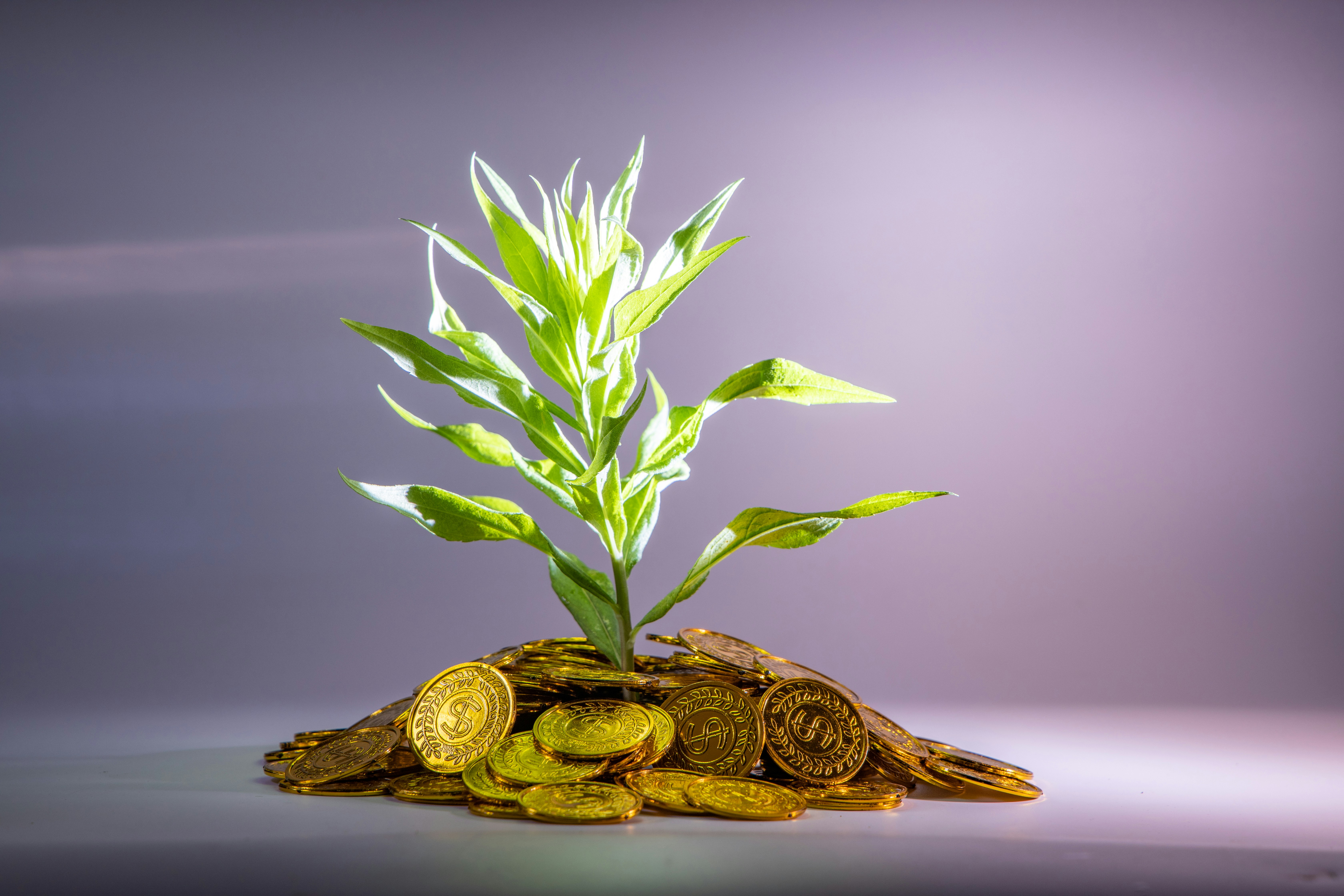The Psychology of Time Wealth: Invest in Time for Financial Gains
Have you ever felt that longing for more time? In a world where the pursuit of wealth often overshadows our ability to enjoy life, it’s crucial to delve into the psychology of time wealth. This concept emphasizes that how we invest our time can yield financial returns more significant than mere monetary assets. By understanding the interplay between time, experiences, and financial success, you can unlock pathways to greater wealth and fulfillment.
Understanding Time Wealth
The idea of time wealth revolves around how the allocation of our most limited resource—time—can influence our overall financial health. Unlike tangible assets, time is a unique currency that doesn’t grow on trees. Yet, when invested wisely, it can enhance your earning potential, foster better relationships, and yield rich life experiences that money alone cannot buy.
The Emotional Value of Time
Time has inherent emotional value. Our time is spent on activities that shape our identities, mold our relationships, and build our memories. When we invest our hours into meaningful experiences—like traveling, spending time with loved ones, or pursuing passions—not only do we enrich our lives, but we also inadvertently create opportunities for financial gain. For instance, consider how time spent learning a new skill can lead to a lucrative side hustle or a fulfilling career change.
Time Management and Financial Returns
Effective time management can lead to more financial returns. Those who master scheduling and prioritize tasks often find themselves with more leisure time. This time can be reallocated to side projects or investments. Imagine spending an extra hour each week learning about investment strategies—over a year, that could lead to significant financial gains.
One notable resource exploring effective time management strategies is the article on Mastering Adaptive Spending Strategies. This guide provides insights into how to allocate your time effectively to achieve maximum rewards.
The Interplay Between Time and Money
Throughout history, the correlation between time and money has been a topic of interest. The time-value of money (TVM) is a foundational financial principle stating that a dollar earned today is worth more than a dollar earned tomorrow due to its potential earning capacity. This concept can be applied to the way we view our time as well.
Investing in Knowledge
Consider investing time in acquiring knowledge about personal finance. Reading articles, attending workshops, or even watching educational videos can be starting points. The more savvy you become about managing money and investments, the more you can leverage that knowledge for financial growth.
For readers looking to dive deeper, check out The Emotional Trade-Off: Experience Life vs. Finances, which discusses how investing in knowledge contributes to better decision-making in investments.
Building Wealth through Experiences
The experiences we invest in often yield returns that transcend monetary value. Attending networking events, engaging in community activities, or simply exploring the arts can open doors to opportunities that may lead to financial gain. Conversations sparked during these experiences can lead to new partnerships, job opportunities, or inspiring collaborations.
For an interesting take on aligning your spending with what you value most, read about Transforming Financial Habits through Mindfulness, emphasizing how your emotional state affects money choices.
Developing Financial Resilience through Time Investment
In today's fast-paced world, developing financial resilience is more crucial than ever. Resilience isn't just about having a robust financial cushion; it's about being able to adapt and thrive regardless of circumstances. Investing time in building resilience means focusing on skills that will help you weather financial storms.
Practical Skills that Pay Off
Spend time learning high-demand skills. Taking an online course in digital marketing, coding, or even financial analysis can lead to new job opportunities or higher earning potential. As industries evolve, having a dynamic skill set can make you more employable.
Additionally, consider investing time in your community. Volunteering not only enriches your life but can also improve your employability through networking and new skills. According to The Currency of Kindness: Boosting Your Financial Savvy through Volunteering, acts of kindness can open doors to unexpected resources.
The Role of Mindset in Time Wealth
A healthy mindset can drastically affect how you perceive and invest your time. Cultivating a mindset of abundance allows you to view time as a resource to be used creatively rather than as a strict limitation.
Reframing Time Investment
Instead of viewing the time spent away from work as a loss of potential earnings, consider it an investment in your overall well-being. Engaging in leisure activities can boost creativity and productivity when you return to work. You can also look at your hobbies—many have the potential to be monetized. The article Transform Your Hobbies into Income explores ways to turn personal passions into profitable avenues.
Embracing Digital Minimalism
Digital minimalism is another strategy worth considering. In our increasingly connected world, it's easy to spend hours scrolling through social media rather than investing that time into self-improvement or networking. The movement encourages you to streamline your digital interactions so that you can focus on activities that yield high returns on your time investment. Learn more about this in The Impact of Digital Minimalism on Your Financial Health.
Practical Steps to Invest Your Time Wisely
Investing time wisely requires conscious efforts. The following are practical steps you can take:
-
Set Clear Financial Goals: Identify where you want to be financially in the next few years and align your time investments toward achieving them.
-
Schedule “Me Time”: Prioritize breaks and leisure activities just as you would meetings or work tasks. This time is crucial for mental recharge and creative inspiration.
-
Engage in Continuous Learning: Dedicate time each week to learn something new, whether it's through formal education or self-study. This investment can substantially enhance your financial decision-making skills.
-
Network with Intention: Attend events that align with your passions or career goals. Build genuine relationships that can open doors to new opportunities.
-
Practice Mindfulness: Invest time in mindfulness practices that help you focus on what truly matters to you, ensuring that your time is spent in alignment with your values.
Final Thoughts
In the grand tapestry of personal finance and investment, the interplay between time and money is one that requires thoughtful consideration. By embracing the concept of time wealth, you unlock not just financial growth but also life satisfaction. Learning to value time as a currency, developing resilience, and making intentional investments can lead to a wealthier and richer life experience.
Investing in your time, experiences, and relationships will bring returns that may far exceed anything you can calculate with monetary figures alone. So take that leap, prioritize your time wisely, and watch where it can lead you—because time, invested properly, could become your most valuable asset.















